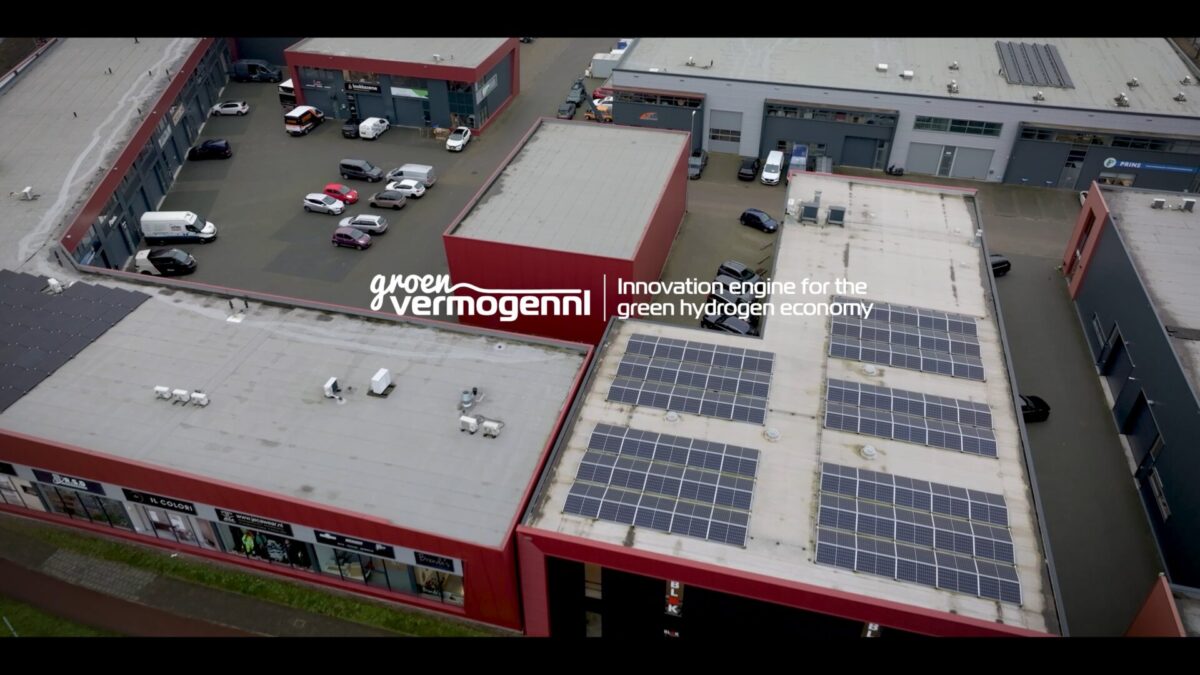Large consortium working on plan for greening carbon-based chemistry
The chemical industry is of great value to the Dutch economy. It is therefore important that the Netherlands manages to keep the sector by helping it to evolve along with the energy transition. Moreover, the chemical industry can make a major contribution to reducing greenhouse gas emissions by opting for green chemistry and green electrons. GroenvermogenNL is committed to making this a reality.
Making carbon-based chemistry clean and circular
In September 2024, GroenvermogenNL, in collaboration with NWO, opened a new call for R&D on a clean and circular chemical industry (Work Package 4). It is about using hydrogen and green electrons to produce carbon-based chemicals. The aim is to reduce CO2 emissions in this process. Consider R&D at TRL level 2-6 on:
- Direct use of hydrogen to convert CO2 into carbon-based fuels and platform chemicals.
- Direct use of electrons to convert CO2 or CO into carbon-based fuels and platform chemicals.
- Direct use of electrons to heat chemical processes to produce carbon-based fuels and platform chemicals.
- Improving conversion and efficiency through smart combinations and integration of plants and sites, taking into account intermittent production.
Broad consortium of companies and knowledge institutions
For the call, 18 knowledge institutions and 29 companies are working together. ‘To make the transition to green chemistry, we need to make the big companies greener and the small green companies bigger,’ says Maryam Alimoradi Jazi, programme manager at GroenvermogenNL. ‘We need all of them to make the chemical sector sustainable, and the knowledge institutions that can support them with their expertise. In this broad consortium, all these parties are well represented.’

Working in workshops on a joint project proposal
In December, the consortium met for the first time for a 2.5-day workshop. In it, the partners discussed the direction of their project plan. Where is the industry’s need for innovation and sustainability and how can knowledge institutions help in this? Then, the appointed programme and task leaders of the consortium worked out the content further to meet again in the third week of January for the second workshop. ‘They made good substantive steps in this, including defining the main activities,’ says Alimoradi Jazi. By 25 March, the consortium will submit the joint project proposal.
Video: watch how the January workshop went.





